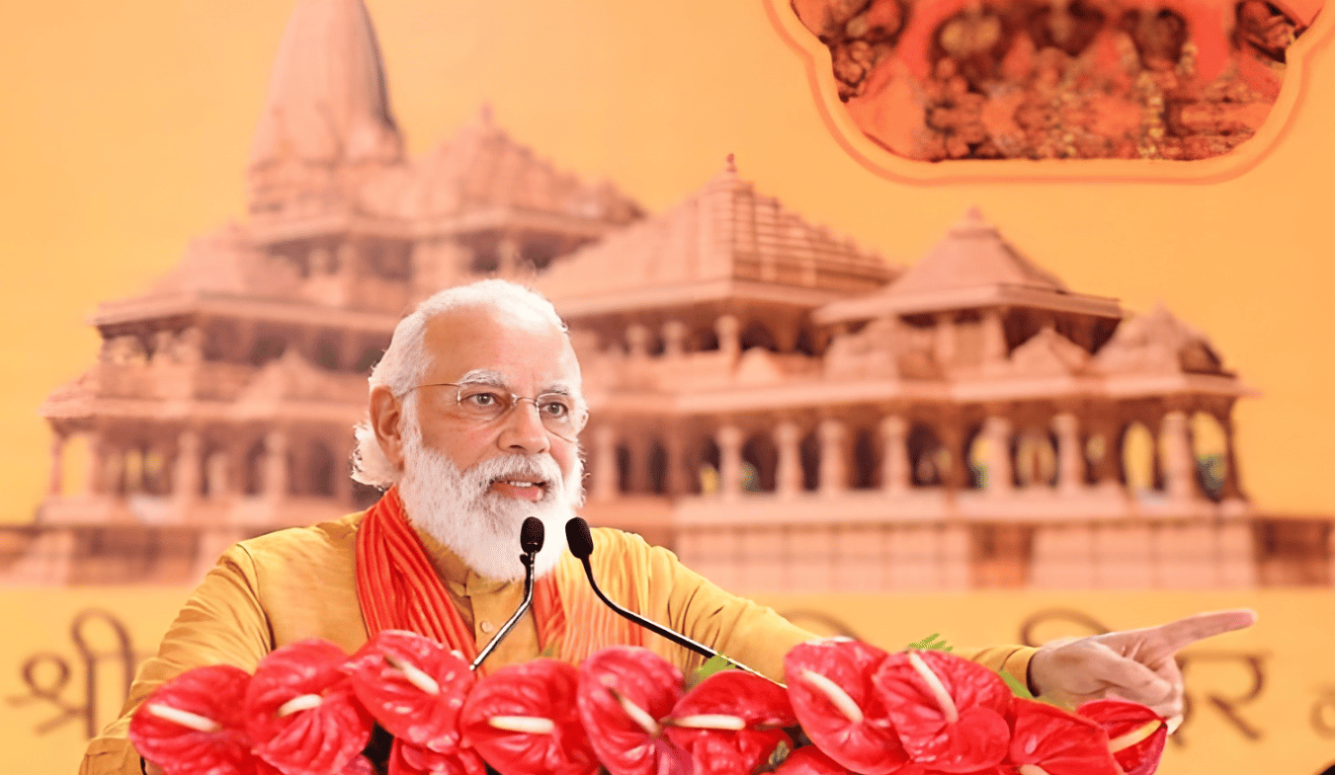India
Snakes in the Backyard
Pakistan is failing to control the terrorist groups that are headquartered within its borders and pose a serious threat to both India and the West.

The sermon is over a decade old. The preacher’s voice runs the gamut from tearful exhortation to rapture. His words suggest that he believes Osama Bin Laden is still alive and in hiding. The preacher asks in Urdu, “Will no one aid Osama in his time of need?” “Saying Osama’s name is not a crime,” he continues. “Osama is our brother. Osama is our son. Osama is our Muslim.” The preacher goes on to exhort young men to commit themselves to holy war against India.
Bin Laden met his end in 2011 when US forces stormed his villa in Abbottabad, Pakistan, where he had been living with his family for six years, less than a mile from a military academy. Until last month, Masood Azhar, the preacher who seems to have been responsible for the sermon cited above, was leading a seminary in the Pakistani town of Bahawalpur, from an 18-acre complex that functions as the headquarters of a terrorist group called Jaish-e-Mohammed (JEM) (“the army of Mohammed”). In the early hours of 7 May, India bombed the seminary as part of a mission they dubbed Operation Sindoor. Satellite images show that three of its five domes were destroyed.
Much like his mentor Bin Laden, Azhar orchestrated a number of terrorist attacks: on the Indian Parliament in 2001; on an air force base in Punjab in 2016; and on security personnel in Indian-administered Kashmir in 2019, among others. His ideology is also viciously antisemitic. In 1999, while incarcerated in India, he wrote an Urdu-language book entitled The Forty Diseases of the Jews.
Although Azhar has been designated as a terrorist by the UN and nominally banned in Pakistan, his organisation has been able to openly carry out fundraising and recruitment activities. In 2022, a mammoth extension was added to his complex, including a swimming pool. The JEM seminary at Bahawalpur is less than three miles away from an army cantonment.
Active combat between India and Pakistan began in the early morning hours of 7 May, when India bombarded nine sites in Pakistani territory. Some missiles struck Pakistani-occupied Kashmir; but, for the first time since 1971, others landed deep inside Pakistani territory. According to a government press release, the sites India targeted were “terrorist bases” that acted as command centres for two main terror groups, one of which was JEM.

The strikes came as retaliation for a 22 April terrorist attack in Pahalgam, a resort town in Kashmir, where four gunmen shot and killed 26 tourists, who had been targeted as non-Muslims. The Pahalgam incident is the latest in a long line of terrorist attacks, starting with the 1993 bomb blasts in Bombay, that the Indian government attributes to Pakistan. On 12 May, India’s prime minister Narendra Modi announced that India would no longer distinguish between a government that sponsors terrorism and the terrorist perpetrators themselves.






